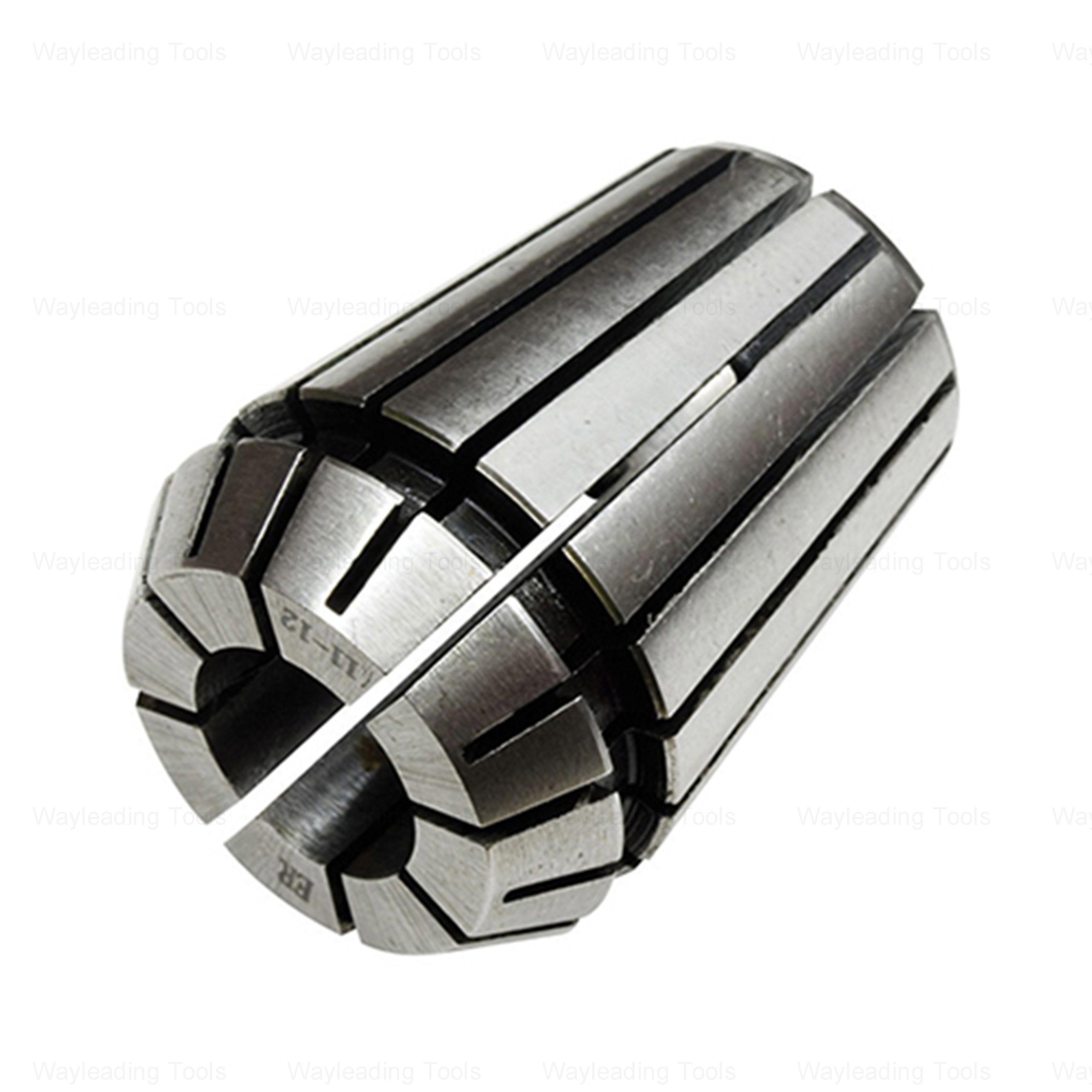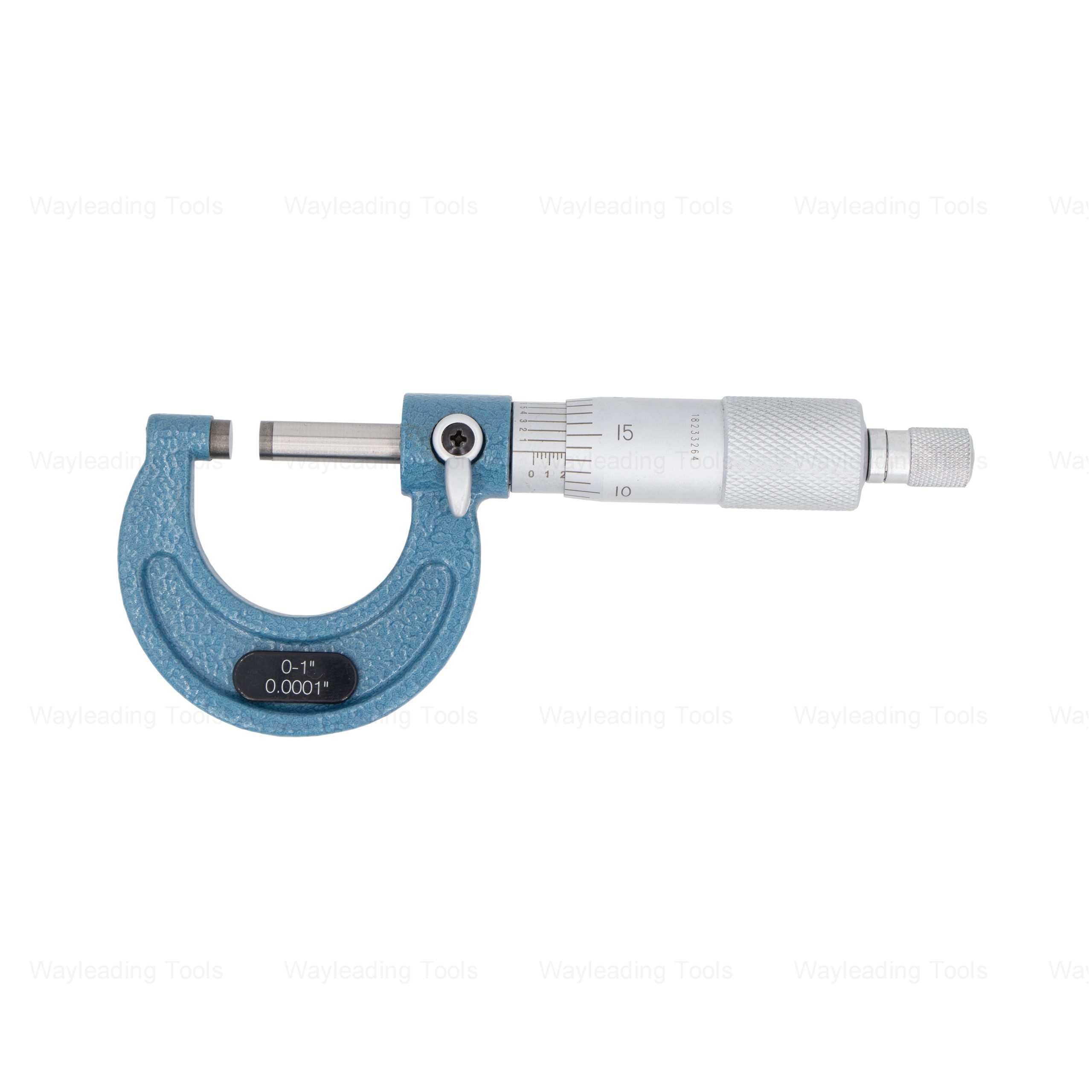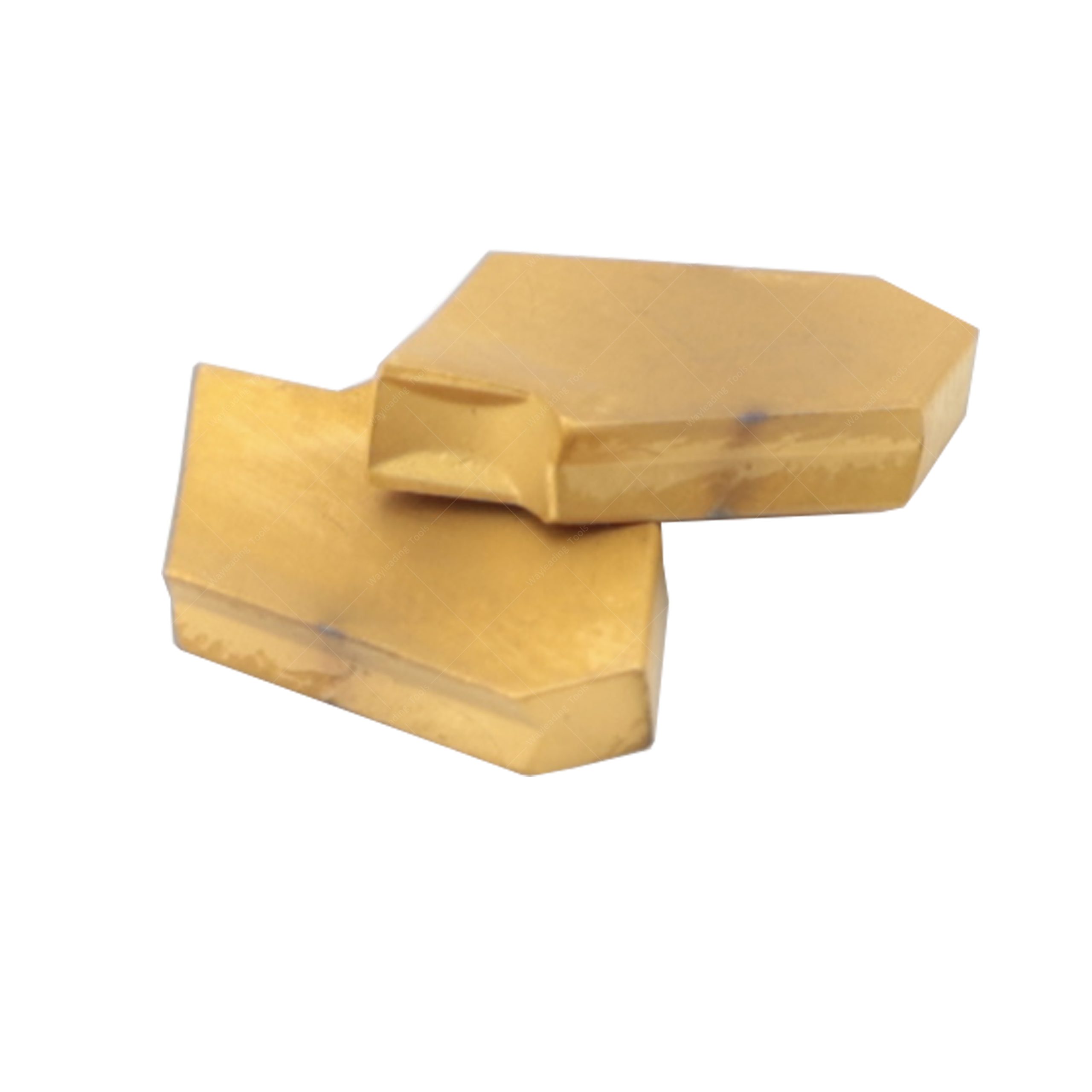Indexable End Mill Factories
Indexable end mills, also known as insert mills, are cutting tools used in machining operations to remove material by rotating and feeding into the workpiece. These tools use replaceable inserts, offering cost-effectiveness and precision. This guide explores the leading Indexable End Mill Factories, covering their capabilities, product ranges, and how to choose the right supplier for your needs.
Understanding Indexable End Mills
What are Indexable End Mills?
Indexable end mills utilize replaceable cutting inserts made from materials like carbide, ceramic, or high-speed steel. These inserts are mechanically clamped or screwed onto the mill body. When an insert becomes dull or damaged, it can be quickly replaced without replacing the entire tool, saving time and money. Wayleading Tools provides a wide range of these tools.
Advantages of Using Indexable End Mills
- Cost-Effective: Replacing inserts is cheaper than replacing the whole end mill.
- High Precision: Inserts are manufactured to tight tolerances, ensuring consistent performance.
- Versatility: Different insert grades and geometries can be used on the same tool body for various materials and applications.
- High-Speed Machining: Designed for efficient material removal at higher speeds and feeds.
Key Players in the Indexable End Mill Manufacturing Industry
Leading Indexable End Mill Factories Globally
Several companies specialize in manufacturing high-quality indexable end mills. Here are some of the key players:
- Sandvik Coromant: A global leader in metal cutting tools and tooling systems.
- Kennametal: Known for its innovative tooling solutions and materials expertise.
- Mitsubishi Materials: Offers a wide range of cutting tools for various industries.
- Walter Tools: A comprehensive provider of metal cutting solutions.
- Iscar: Specializes in innovative cutting tools with advanced geometries.
- Wayleading Tools: An emerging factory focusing on specialized and custom tooling solutions.
Factors to Consider When Choosing a Factory
Selecting the right Indexable End Mill Factory depends on several factors:
- Product Range: Does the factory offer the specific types and sizes of end mills you need?
- Material Expertise: Can they provide inserts suitable for the materials you work with (e.g., steel, aluminum, composites)?
- Quality Control: What are their quality assurance processes? Look for ISO certifications and detailed product specifications.
- Technical Support: Do they offer technical assistance and application advice?
- Price and Availability: Are their products competitively priced and readily available?
Evaluating Indexable End Mill Factories
Product Range and Specifications
Examine the catalog to ensure they offer a comprehensive range of indexable end mills, including different sizes, geometries, and insert grades. Check the detailed specifications, such as cutting diameter, flute length, shank diameter, and maximum cutting depth.
Material and Insert Grades
Different materials require different insert grades. Here's a simple guideline:
| Material | Recommended Insert Grade |
|---|---|
| Steel | Carbide (P-Grade) |
| Stainless Steel | Carbide (M-Grade) |
| Aluminum | Carbide or High-Speed Steel (K-Grade) |
| Titanium | Carbide (K-Grade) |
Quality Assurance and Certifications
Ensure the factory has robust quality control processes. Look for certifications like ISO 9001, which indicates a commitment to quality management. Ask for details about their inspection procedures and testing methods.
Applications of Indexable End Mills
Common Machining Operations
Indexable end mills are used in a wide variety of machining operations, including:
- Profiling: Creating complex shapes and contours.
- Slotting: Cutting narrow grooves in a workpiece.
- Facing: Machining a flat surface.
- Ramping: Cutting at an angle into the workpiece.
- Helical Milling: Cutting helical grooves or threads.
Industries That Benefit from Using Indexable End Mills
Various industries rely on indexable end mills for their manufacturing processes:
- Aerospace: Machining complex parts for aircraft and spacecraft.
- Automotive: Manufacturing engine components, chassis parts, and body panels.
- Medical: Producing precision implants and surgical instruments.
- Mold and Die Making: Creating intricate molds and dies for plastic injection molding and metal casting.
- General Manufacturing: Producing a wide range of machined parts for various applications.
Tips for Optimizing the Use of Indexable End Mills
Choosing the Right Cutting Parameters
Selecting the appropriate cutting parameters is crucial for achieving optimal performance and tool life. Consult the Indexable End Mill Factories' recommendations for specific materials and applications. Key parameters include:
- Cutting Speed (Vc): The speed at which the cutting edge moves relative to the workpiece.
- Feed Rate (f): The distance the tool advances per revolution or tooth.
- Depth of Cut (Ap): The amount of material removed in a single pass.
Maintenance and Storage
Proper maintenance and storage are essential for extending the life of indexable end mills. Keep the tools clean and dry, and store them in a protective case or cabinet to prevent damage. Regularly inspect the inserts for wear or damage and replace them as needed.
Finding Reliable Suppliers of Indexable End Mills
Online Marketplaces
Online marketplaces like Alibaba, IndustryNet and ThomasNet offer a wide selection of indexable end mills from various suppliers. These platforms allow you to compare prices and specifications and read customer reviews. Wayleading Tools also offers direct sales.
Direct Manufacturers and Distributors
Consider purchasing directly from manufacturers or authorized distributors. This can provide access to technical support and application advice, as well as competitive pricing and reliable delivery.
Case Study: Wayleading Tools and Custom Solutions
Wayleading Tools, a rising player in the indexable end mill industry, focuses on providing specialized and custom tooling solutions. Their expertise lies in tailoring end mills to meet specific customer requirements, offering unique geometries and insert grades for challenging materials and applications. For instance, they developed a custom indexable end mill for a company machining titanium alloys, resulting in a 30% increase in material removal rate and improved surface finish.
Conclusion
Choosing the right Indexable End Mill Factories and understanding how to optimize their use can significantly improve your machining operations. By considering factors like product range, material expertise, quality control, and technical support, you can select the best supplier for your needs and achieve high-quality results. For custom solutions and specialized tooling, consider exploring options like Wayleading Tools.
Related products
Related products
Best selling products
Best selling products-
 5C Round Collet With Inch and Metric Size
5C Round Collet With Inch and Metric Size -
 Carbide Tipped Hole Cutter For Cutting Stainless Steel And Iron Or Steel Plate
Carbide Tipped Hole Cutter For Cutting Stainless Steel And Iron Or Steel Plate -
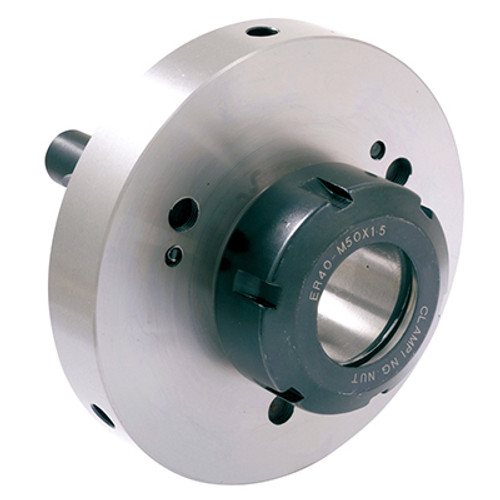 Camlock ER Collet Fixture With Lathe Collet Chuck
Camlock ER Collet Fixture With Lathe Collet Chuck -
 HSS Metric Taper Shank Twist Drills for High-Precision Metal Cutting
HSS Metric Taper Shank Twist Drills for High-Precision Metal Cutting -
 3 Flutes HSS Chamfering Countersink Drill bitl With 60 And 90 Degree
3 Flutes HSS Chamfering Countersink Drill bitl With 60 And 90 Degree -
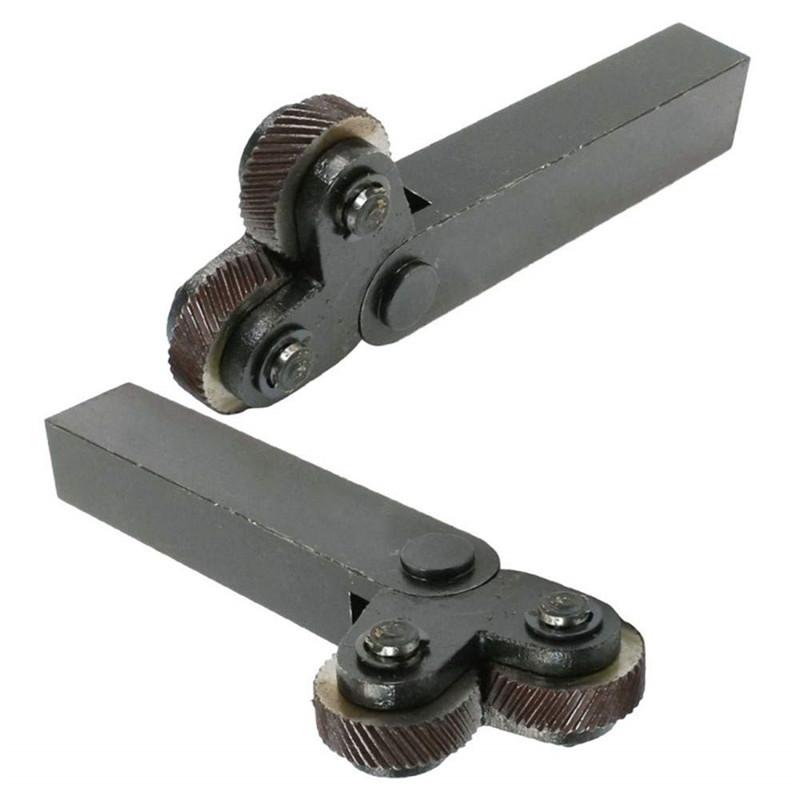 Dual Wheel Knurling Tools With Diamond Pattern For Industrial Type
Dual Wheel Knurling Tools With Diamond Pattern For Industrial Type -
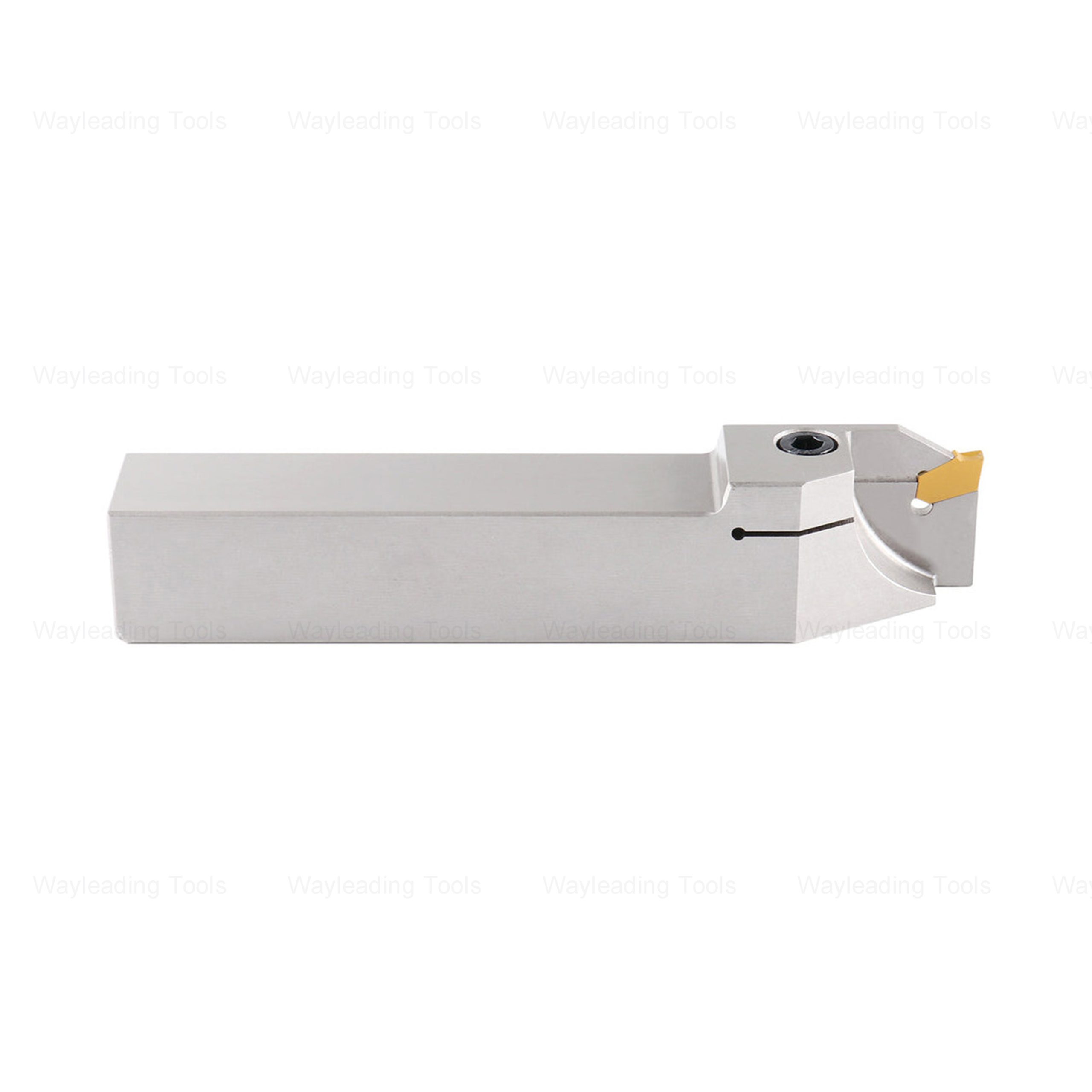 QA Grooving & Cut-Off Tool Holder
QA Grooving & Cut-Off Tool Holder -
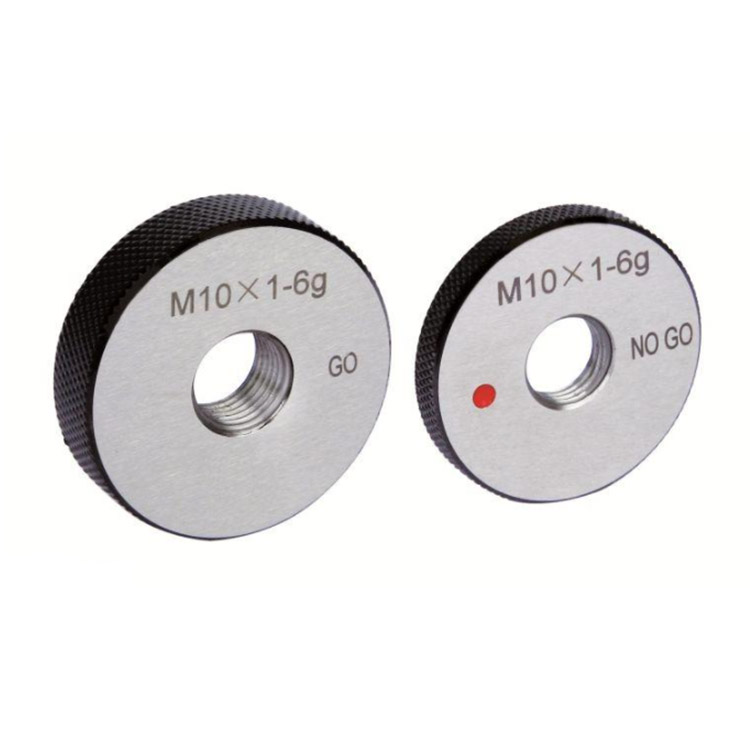 Metric Thread Ring Gauge 6g Accuracy With Go & NO Go
Metric Thread Ring Gauge 6g Accuracy With Go & NO Go -
 MT-APU Drill Chuck Holder With Keyless Type
MT-APU Drill Chuck Holder With Keyless Type -
 HSS Metric 4 Flute End Mills With Bright Or TiN And TiAlN Coated
HSS Metric 4 Flute End Mills With Bright Or TiN And TiAlN Coated -
 DIN333A HSS Center Drills With Milled & Fully Ground Flute
DIN333A HSS Center Drills With Milled & Fully Ground Flute -
 Vernier Height Gauge With Magnifier With Adjustable Main Bean
Vernier Height Gauge With Magnifier With Adjustable Main Bean
Related search
Related search- PCLN boring bar Factories
- sk collets Factory
- end mill set Supplier
- face milling cutter Suppliers
- milling chuck Factory
- ER Collet Chucks Factories
- High-Quality revolving tailstock chuck
- Quick Change Tapping Chuck Manufacturer
- speedy drill with quick release carbide cutting head Manufacturers
- Wholesale Tool holding

